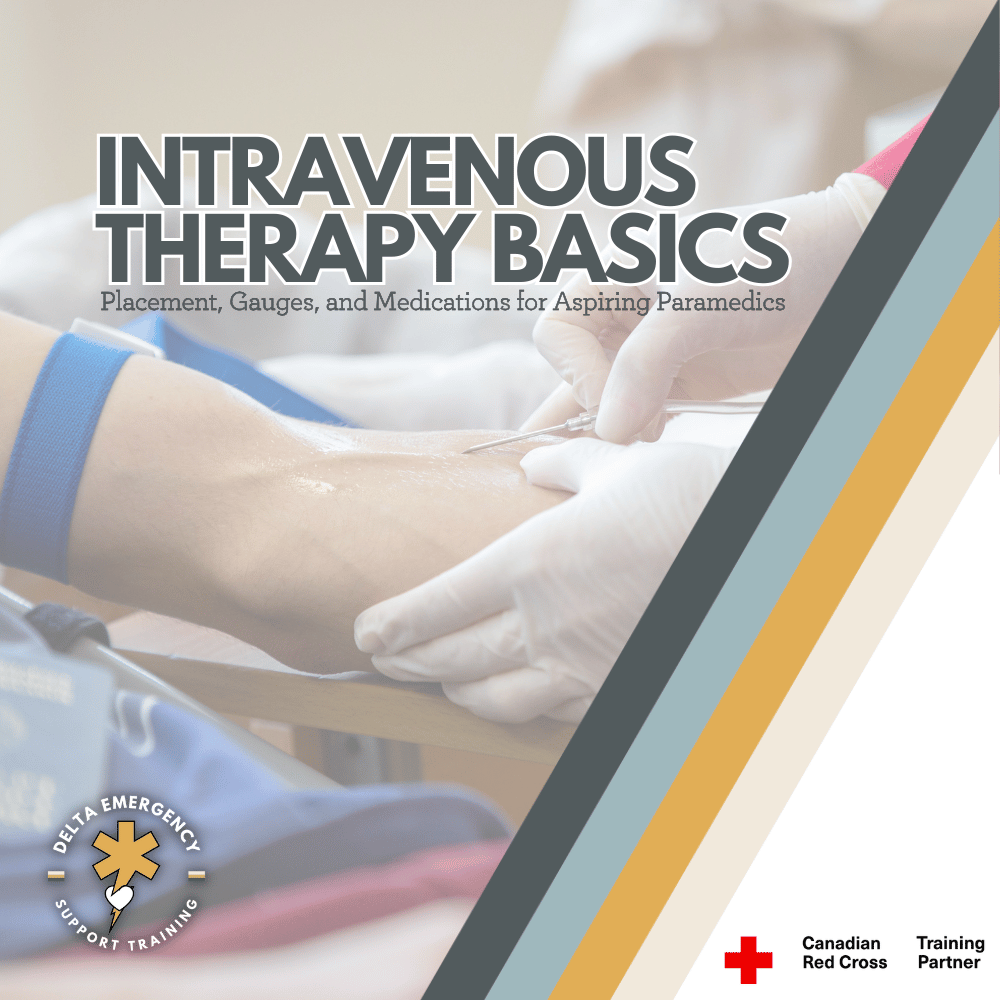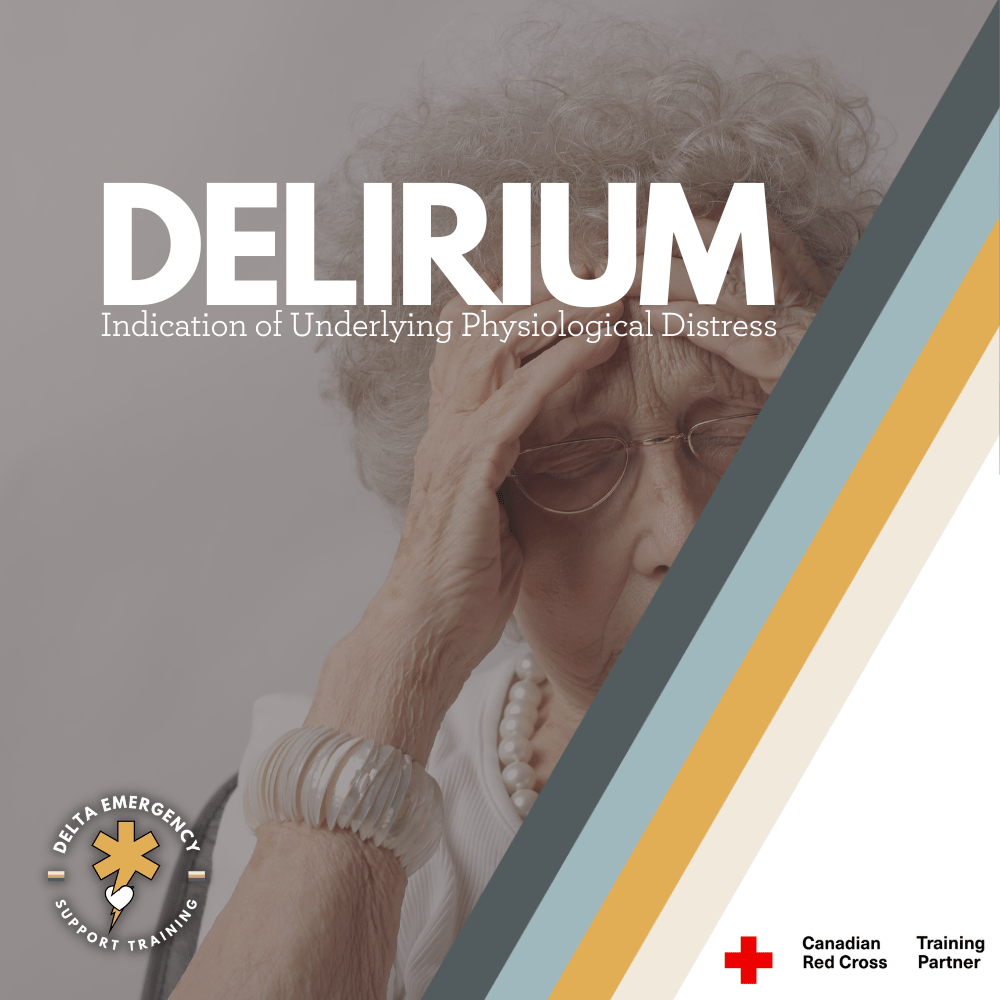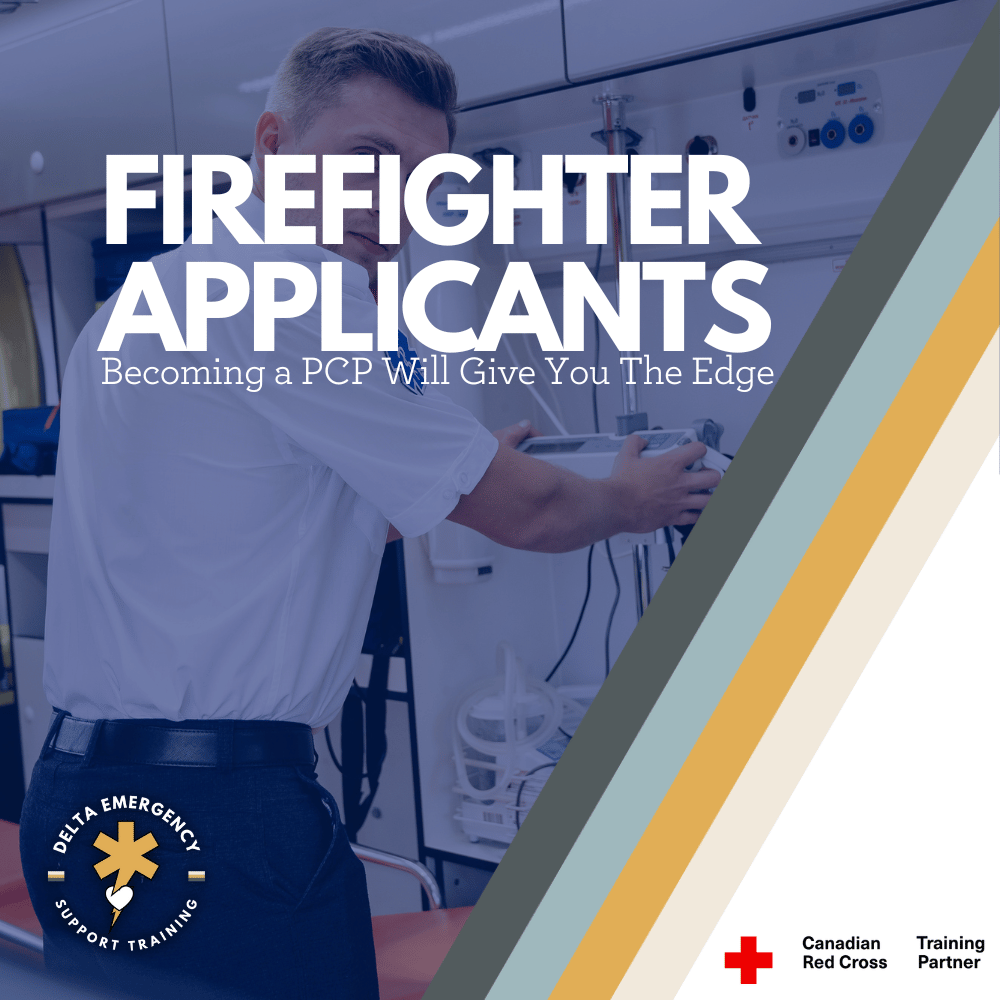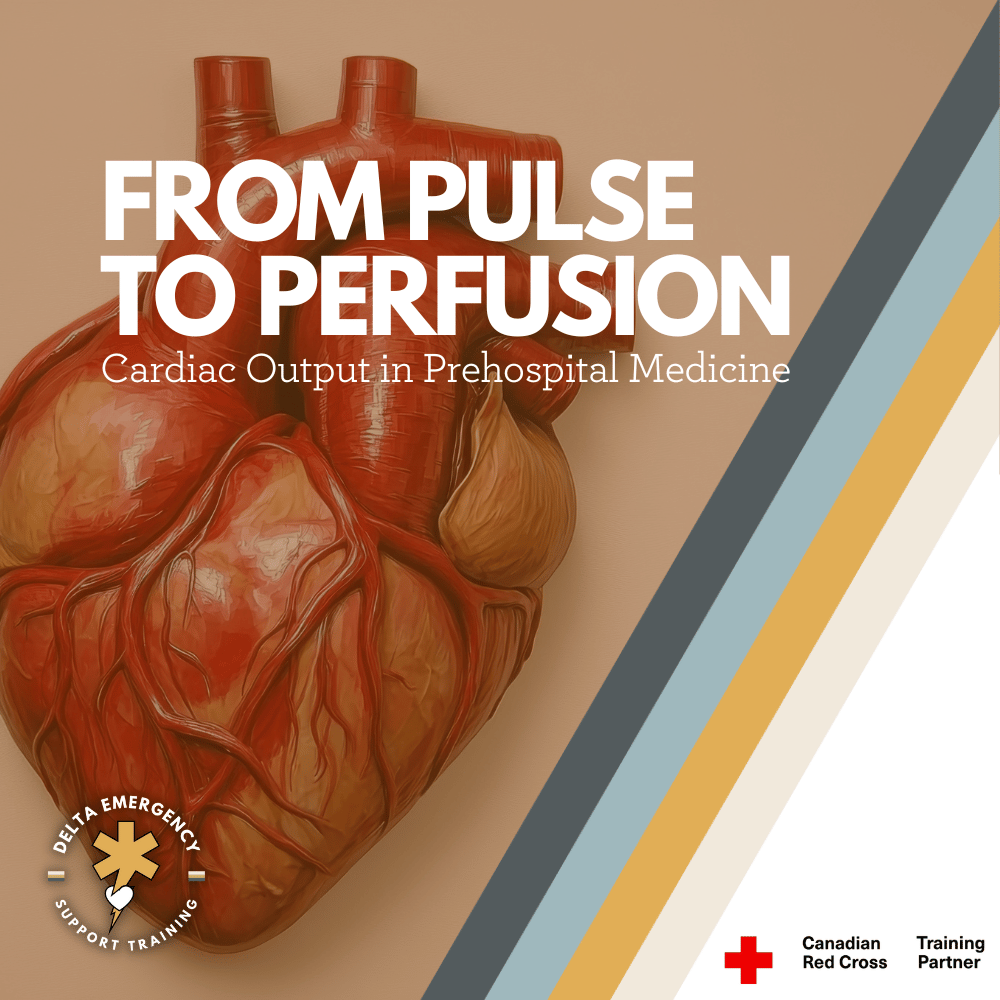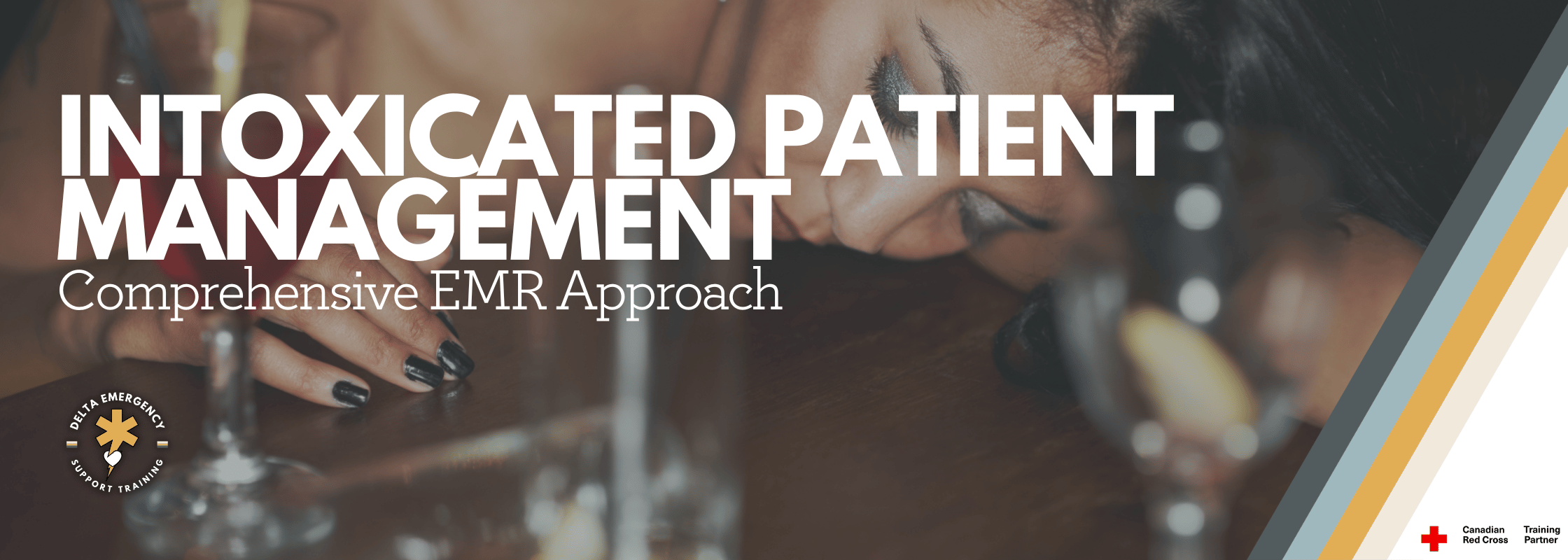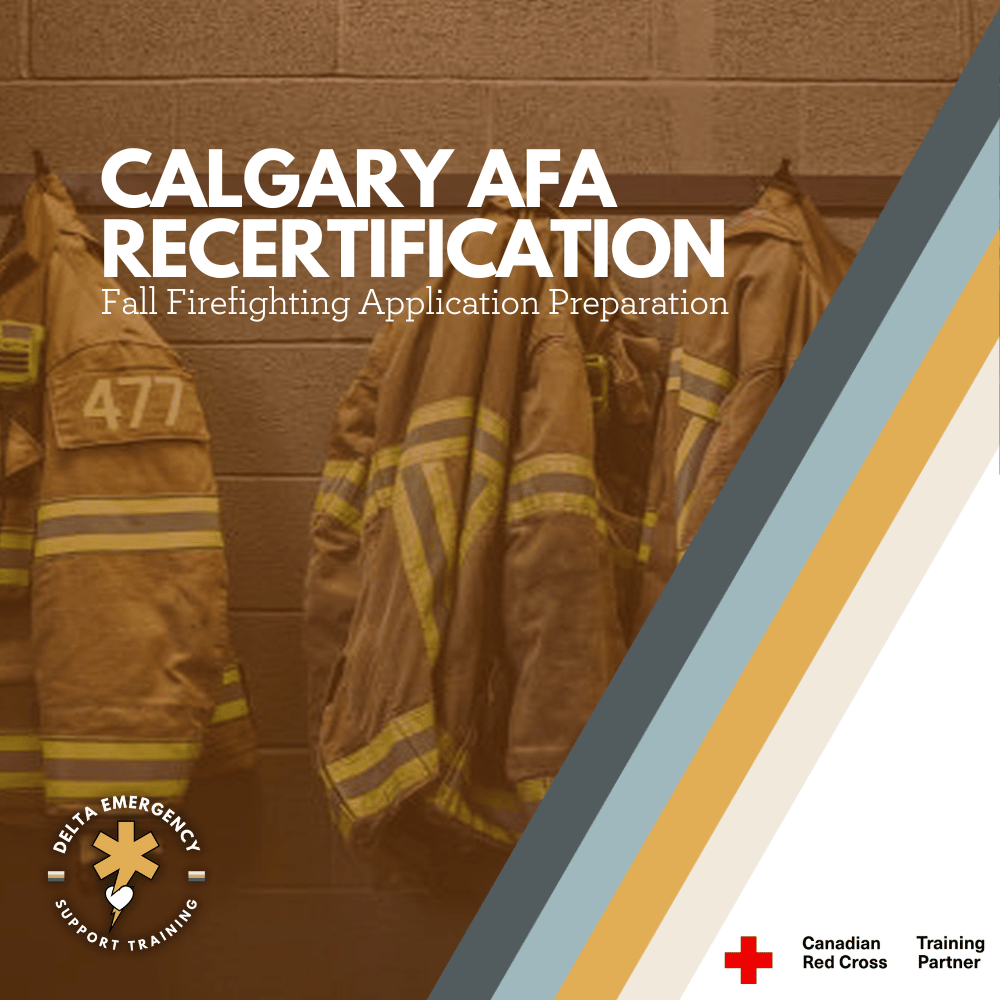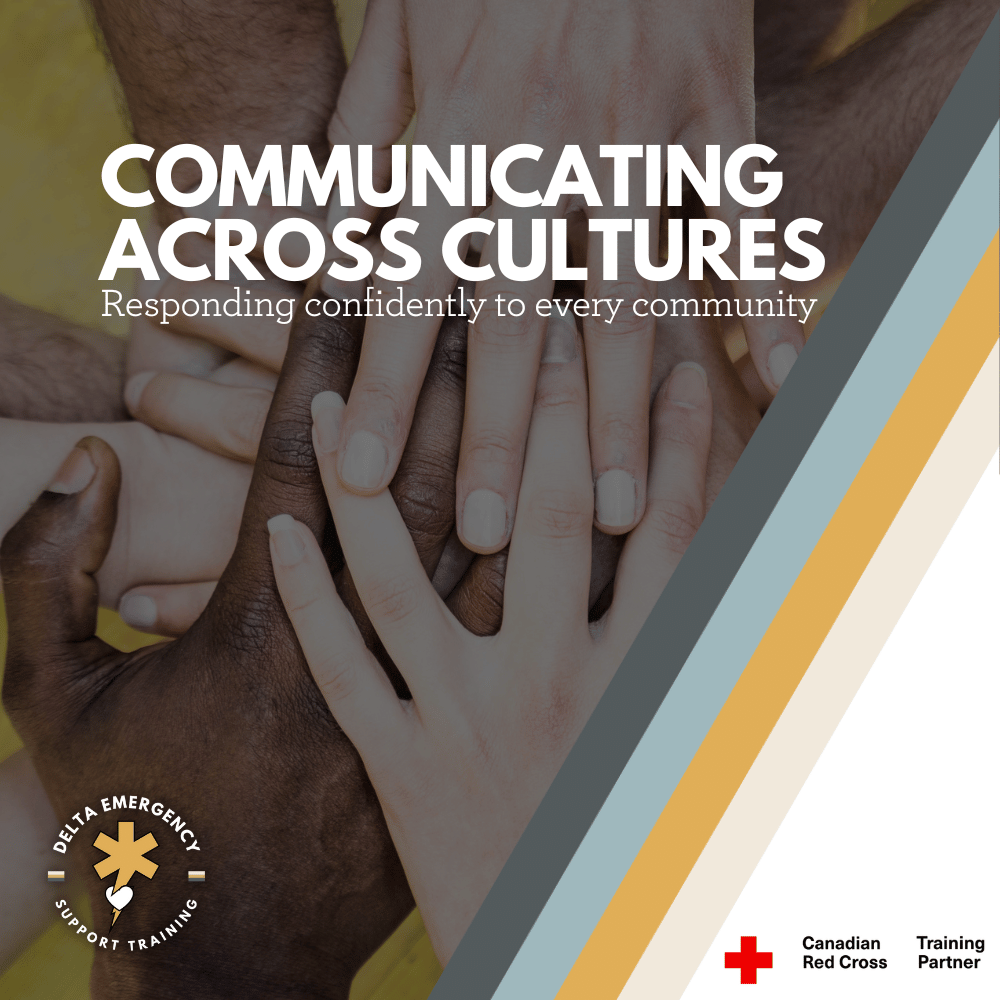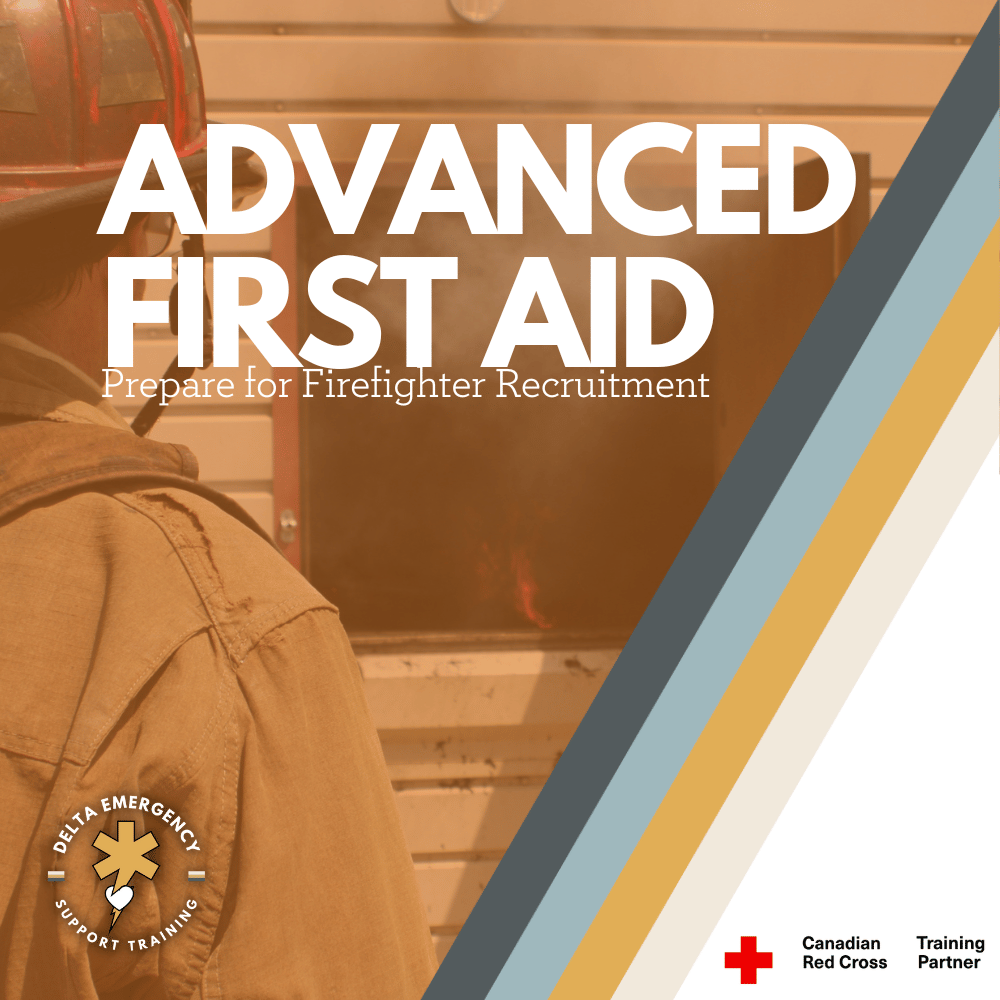As an Emergency Medical Responder (EMR), you’re trained to provide care in unpredictable situations. One of the more challenging scenarios is responding to patients under the influence of alcohol or drugs. Intoxicated patients can present with unpredictable behavior, altered physiology, and a higher risk of injury—making careful assessment and management critical.
At Delta Emergency Support Training, we emphasize both safety and effective patient care. Here’s a detailed guide for EMRs on safely responding to intoxicated patients, aligned with Alberta Health Services (AHS) guidelines.
Understanding Intoxication
Intoxication can result from alcohol, prescription medications, or illicit drugs. Common effects include:
Altered level of consciousness
Slurred speech or impaired coordination
Agitation, aggression, or unpredictable behavior
Nausea, vomiting, or respiratory depression
Increased risk of trauma from falls, fights, or accidents
Masked pain: Alcohol can dull pain perception, making trauma patients unreliable reporters of injury severity
Mimics: Hyperglycemia or hypoglycemia can appear similar to intoxication, making blood glucose assessment crucial
Recognizing the signs early helps EMRs anticipate complications and prioritize patient and responder safety.
Safety First: Protecting Yourself and Others
Intoxicated patients can be unpredictable. Before providing care, ensure:
Scene safety: Survey for weapons, hazards, or bystanders that may interfere.
Backup: If the patient is aggressive, call law enforcement or additional responders.
Personal protective equipment (PPE): Gloves, eye protection, and masks may be necessary.
Distance and positioning: Maintain a safe stance and keep an exit route clear.
Never compromise your safety—intoxicated patients may act impulsively, and an aggressive patient can escalate quickly.
Patient Assessment
Assessment of an intoxicated patient may be complicated by their altered state. EMRs should focus on:
Responsiveness: Determine if the patient is fully conscious, verbally responsive, physically responsive, or unresponsive.
Airway, Breathing, Circulation (ABCs): Alcohol and drugs can depress breathing and circulation.
Be prepared to clear the airway using suction if the patient vomits.
Airway adjuncts (oropharyngeal or nasopharyngeal airway) may be required if the patient’s airway is compromised but spontaneous breathing is present.
Vital signs: Monitor heart rate, blood pressure, respiratory rate, oxygen saturation, and blood glucose.
Secondary survey: Look for trauma, especially since alcohol can mask pain. A patient may not report broken bones, internal injuries, or head trauma. Monitor carefully for subtle signs.
Common Challenges and How to Manage Them
Aggression or agitation: Stay calm, use a non-confrontational tone, and avoid physical confrontation unless absolutely necessary.
Vomiting or aspiration risk: Use suction immediately if needed, and position the patient in the recovery positionif unconscious but breathing.
Altered decision-making: Intoxicated patients may refuse care. Document refusals and use implied consent in life-threatening situations.
Polysubstance use: Patients may have multiple substances in their system, complicating presentation. Monitor closely for unexpected symptoms.
Trauma considerations: Be extra vigilant for head injuries, internal bleeding, or fractures. Pain may be unreliable, so rely on vital signs, visual assessment, and mechanism of injury.
Glucose considerations: Rapidly check blood glucose in any altered patient; treating hypoglycemia or hyperglycemia may resolve the presentation entirely.
Communication Tips
Use simple, clear language.
Speak slowly and calmly to reduce confusion.
Avoid judgmental language—patients respond better when treated respectfully.
Keep bystanders informed, but focus on patient care.
Transport Considerations
Monitor continuously: Intoxicated patients can deteriorate rapidly.
Secure safely: If aggressive, use restraints only per local protocols and monitor the patient closely.
Communicate with receiving facility: Provide details on level of intoxication, suspected substances, vital signs, airway interventions (suction or adjuncts used), trauma concerns, and any interventions performed.
Red Flags: When to Call for Immediate Backup
Unresponsiveness or decreased level of consciousness
Difficulty breathing or abnormal airway sounds
Vomiting with risk of aspiration
Seizures or convulsions
Severe trauma, especially head or internal injuries
Aggressive or violent behavior that cannot be safely managed
Hypoglycemia or hyperglycemia causing altered mental status
Final Thoughts
Responding to intoxicated patients requires a balance of emergency care skills, safety awareness, and empathy. Alcohol or drug use can mask pain and complicate assessment, and abnormal blood glucose levels can mimic intoxication. With proper airway management, suction, airway adjuncts, and glucose monitoring, EMRs can provide effective care safely.
At Delta Emergency Support Training, our courses prepare responders to handle complex patient scenarios, including intoxicated and trauma patients so you can provide care with confidence, skill, and safety.
